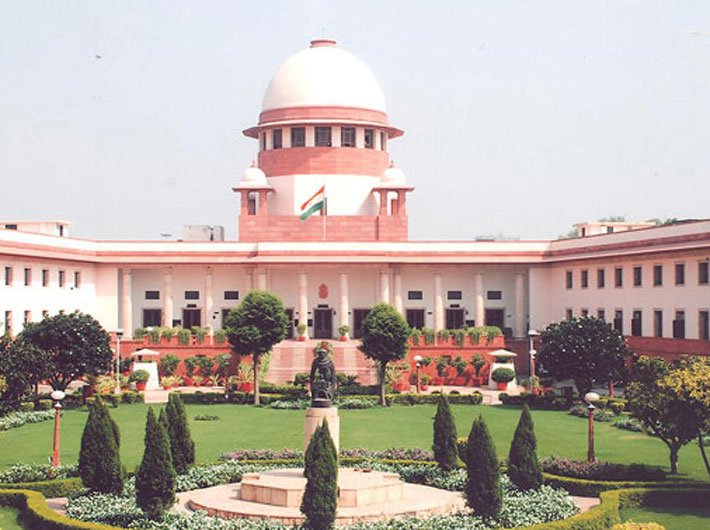Assertion of choice is an insegregable facet of liberty and dignity. That is why the French philosopher and thinker, Simone Weil, has said: - “Liberty, taking the word in its concrete sense consists in the ability to choose”: CJI Dipak Misra
Eight years after the brutal murder of Manoj and Babli by their own family members a movie named NH10—loosely based on latter’s life and more importantly their death, was released.
‘Honour Killing ‘which is a morbid misnomer of a pathological act of murder, once again became a talking point of debates and newsroom discussions.
Now more than a decade after the killing of Manoj and Babli that was preceded and succeeded by many similar cases, the Supreme Court of India has cracked the whip, hard and loud.
Pronouncing its judgement in Shakti Vahini Versus Union of India and others, a bench headed by chief justice of India (CJI) Dipak Misra categorically ruled that any attempt by Khap Panchayats or any other assembly to scuttle or prevent two consenting adults from marrying is absolutely “illegal”.
Dwelling on the issue of ‘honour killing’, in the 54-page judgement, the court makes a very important point.
It reads, “When the ability to choose is crushed in the name of class honour and the person’s physical frame is treated with absolute indignity, a chilling effect dominates over the brains and bones of the society at large”, following which the judgement poses an important question : “The question that poignantly emanates for consideration is whether the elders of the family or clan can ever be allowed to proclaim a verdict guided by some notion of passion and eliminate the life of the young who have exercised their choice to get married against the wishes of their elders or contrary to the customary practice of the clan”.
The judgement gives an ‘emphatic’ “No” as an answer, as “sea of liberty and the ingrained sense of dignity do not countenance such treatment inasmuch as the pattern of behaviour is based on some extra-constitutional perception”.
Stating categorically that any sense of ‘feudal’ and mistaken sense of honour has to bow down before the wishes of legally consenting adults, the judgement states, “Class honour, howsoever perceived, cannot smother the choice of an individual which he or she is entitled to enjoy under our compassionate Constitution. And this right of enjoyment of liberty deserves to be continually and zealously guarded so that it can thrive with strength and flourish with resplendence. It is also necessary to state here that the old order has to give way to the new. Feudal perception has to melt into oblivion paving the smooth path for liberty”.
Dwelling precisely on the issue of ‘honour killing’ the judgement reads, “It is necessary to mention here that honour killing is not the singular type of offence associated with the action taken and verdict pronounced by the Khap Panchayats. It is a grave one but not the lone one. It is a part of honour 35 crime. It has to be clearly understood that honour crime is the genus and honour killing is the species, although a dangerous facet of it. However, it can be stated without any fear of contradiction that any kind of torture or torment or ill-treatment in the name of honour that tantamount to atrophy of choice of an individual relating to love and marriage by any assembly, whatsoever nomenclature it assumes, is illegal and cannot be allowed a moment of existence”.
Read the full judgement here
